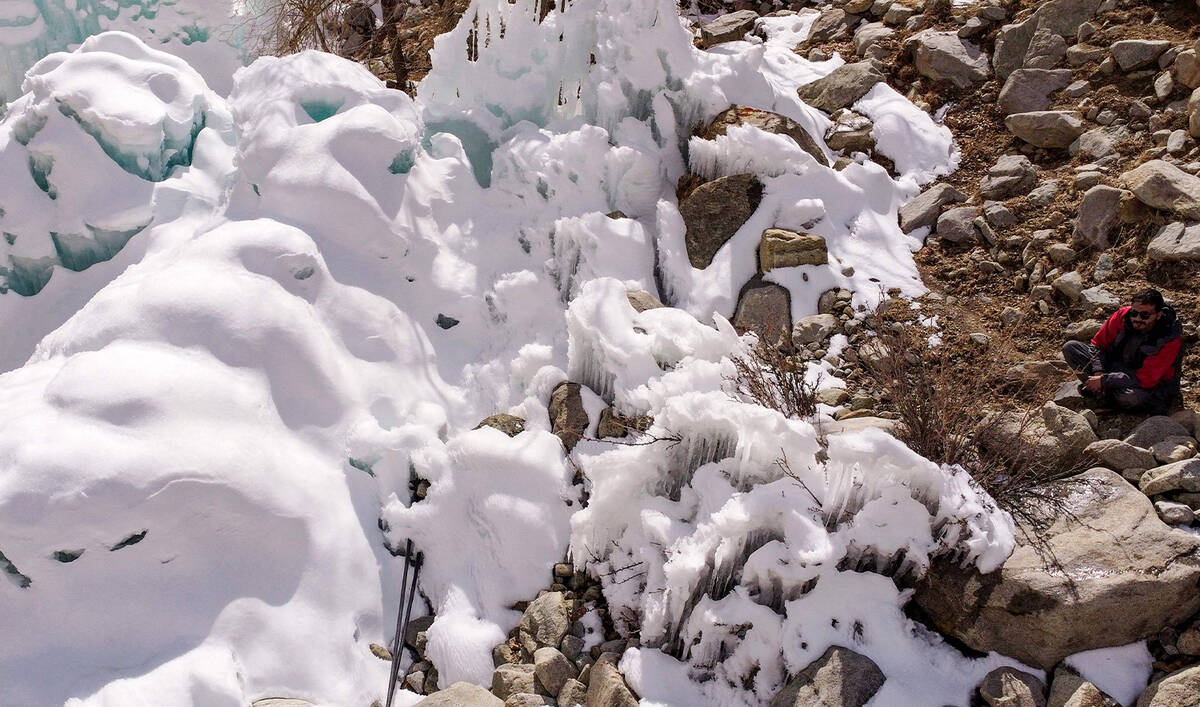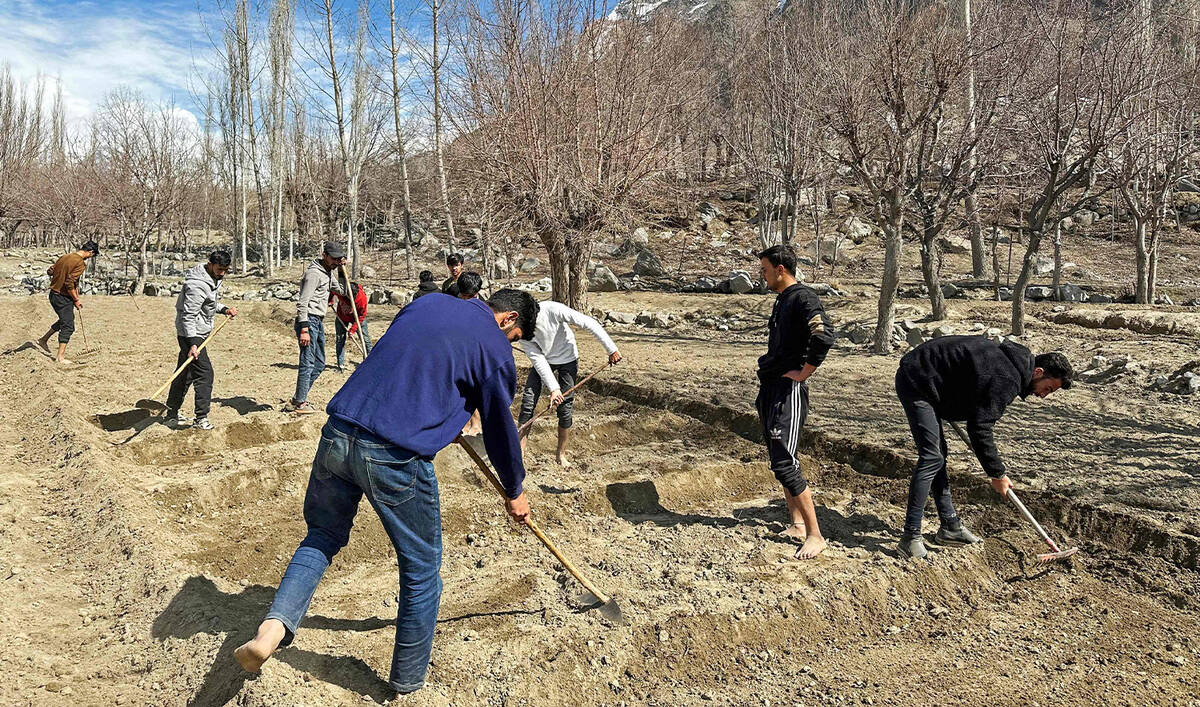KARACHI: The Pakistan Stock Exchange (PSX) has entered into a tripartite Memorandum of Understanding (MoU) with the Colombo Stock Exchange (CSE) and the Dhaka Stock Exchange (DSE), PSX said on Thursday, describing it as a “landmark move” to strengthen regional capital market cooperation.
The agreement signed in Colombo aims to establish an exchange forum to facilitate technology development and sharing, human resource sharing, product development, regulatory collaboration, investor protection, and knowledge exchange across the three markets.
“This initiative will foster deeper regional cooperation among the three South Asian nations while creating new opportunities for investors and market participants across the region,” the PSX said in a statement.
Joint initiatives in system development and digital transformation, cross-exchange training programs and knowledge-sharing initiatives, collaborative development of new financial instruments, harmonization of market oversight and investor protection frameworks, exploration of cross-border listing opportunities to expand investor access and facilitation of broker partnerships and institutional connectivity were listed in the PSX statement as the key areas of collaboration under the MoU.
“This strategic partnership marks a significant step forward in regional market integration. By combining our strengths, these three exchanges can drive innovation, enhance market resilience, and create new opportunities for investors across South Asia,” said Akif Saeed, chairman of the Securities and Exchange Commission of Pakistan (SECP), who was present at the ceremony.
Farrukh H. Sabzwari, MD & CEO of PSX, said the agreement represented a “transformative chapter” in regional capital market cooperation.
“Through this partnership with our counterparts in Colombo and Dhaka, we aim to elevate market standards, foster sustainable growth, and deliver greater value to all market participants,” he added.
The MoU establishes a formal platform for ongoing dialogue and joint initiatives, with working groups to be formed to implement the cooperation framework.
This alliance is expected to enhance market liquidity and product diversity, strengthen regulatory frameworks across the region, facilitate cross-border investment flows and promote technological innovation in market infrastructure, the PSX statement said.



















